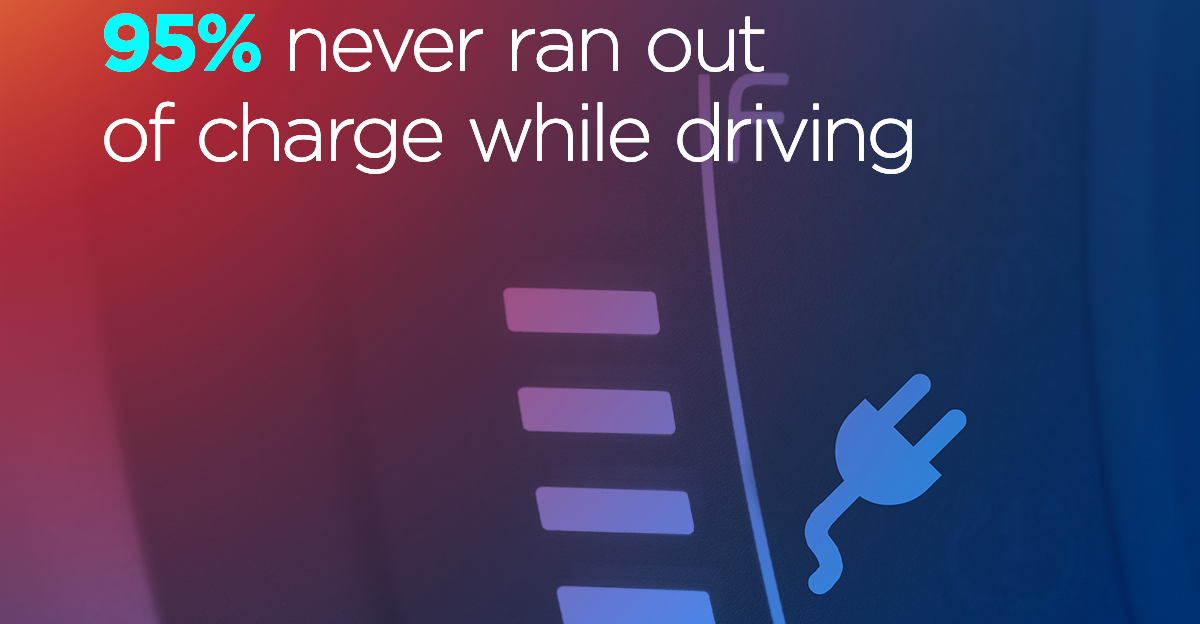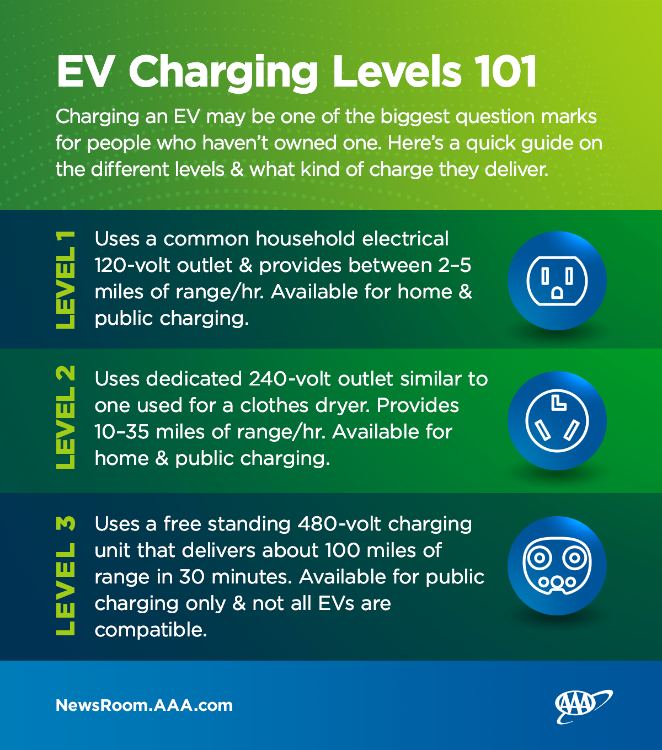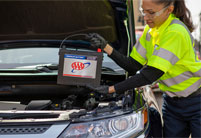The 411 on Electric Vehicle Charging
The 411 on Electric Vehicle Charging

We know there is a plug and we know there needs to be a source of electricity but so many other questions remain. Charging an electric vehicle is not as complicated as you may think. Ask an electric vehicle owner who does 75% of their charging at home and has almost never run out of a charge.
Charging your electric vehicle at home
Let’s start with charging at home. If you live in a single-family home, then you have a few options to choose from. However, if you live in an apartment, condo or other multifamily structure, you will need to talk to the person or company that manages your property. No matter what your situation, though, AAA suggests that you decide on the best charging solution for you before buying an electric vehicle.

Level 1 charging – most electric vehicles come with a 120-volt AC charger that plugs into a common household electrical outlet and provides 2–5 miles of range/hour. If you don’t drive more than 35 miles/day or are home for extended periods of time, this type of charging could work for you.
So how much does it cost? Your only cost is the electricity used to charge the vehicle, which is measured in units known as kilowatt hours (kWh). According to the U.S. Office of Energy Efficiency & Renewable Energy, the national average price for electricity is 12.6 cents/kWh and an electric vehicle typically uses around 30 kWh to travel 100 miles. Average electricity costs for each state are updated monthly and can be found here.
Level 2 (portable) – Some newer electric vehicles come with a portable 240-volt AC charger that requires a dedicated electrical outlet like the ones used for larger appliances (think clothes dryer or refrigerator). These units provide 9–15 miles of range/hour, and some have switchable plugs that allow them to provide Level 1 charging as well.
So how much does it cost? Like Level 1, the cost of electricity to charge the vehicle and if a portable charger is not included with your vehicle purchase, you can buy one for $150–$400, not including the cost to install a suitable 240-volt electrical outlet.
Level 2 (fixed) – A 240-volt unit that is typically wall mounted, requires a dedicated electrical circuit and either plugs in to a suitable outlet or is hard wired to the home. These are the most common type of home charging and provide 10–35 miles of range/hour.
So how much does it cost? Like the other two options, the cost of electricity to charge the vehicle plus $400–$800 for installation for the fixed charging unit. This could be more if a home’s electrical service needs to be upgraded to support the additional load of a 240-volt Level 2 AC charger.
Charging Your Electric Vehicle When You Are Out and About
As of May 2021, there are over 46,000 public charging stations in the U.S. that offer a mix of Level 1, 2 and DC Fast Charging (Level 3). You can locate charging stations using the AAA Mobile App or TripTik Travel Planner.
So how much does it cost? U.S. gas stations charge for fuel by the gallon, while public electric vehicle charging stations use a variety of pricing methods. Electric vehicle charging is often billed at per-minute or per-hour rates that may be tiered based on how much power you use. Some also opt to charge a fixed price for a charging session that lasts a specific length of time and it does not matter how much power you consume.
Just How Many Types of Plugs are There?
Other than charging, you may also wonder how if different electric vehicles have different plug types. The answer is yes but there are not an infinite number as you might think—there are actually only four.
CCS (combined charging system) – European standard plug and also used for fast charging in the U.S. (known as SAE CCS).
CHAdeMO – fast charging used by select electric vehicle models.
J1772 (aka J-Plug) – North American standard plug for Level 1 and 2 charging.
Tesla – used only by Tesla models for Level 2 and 3 charging but also comes with a J-Plug adapter for Level 1 charging if needed.
From mobile battery service to roadside assistance to finding a quality mechanic, don’t miss out on any of AAA’s trusted auto services. Learn more at AAA.com/Auto.












